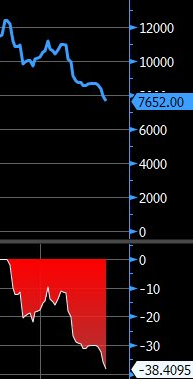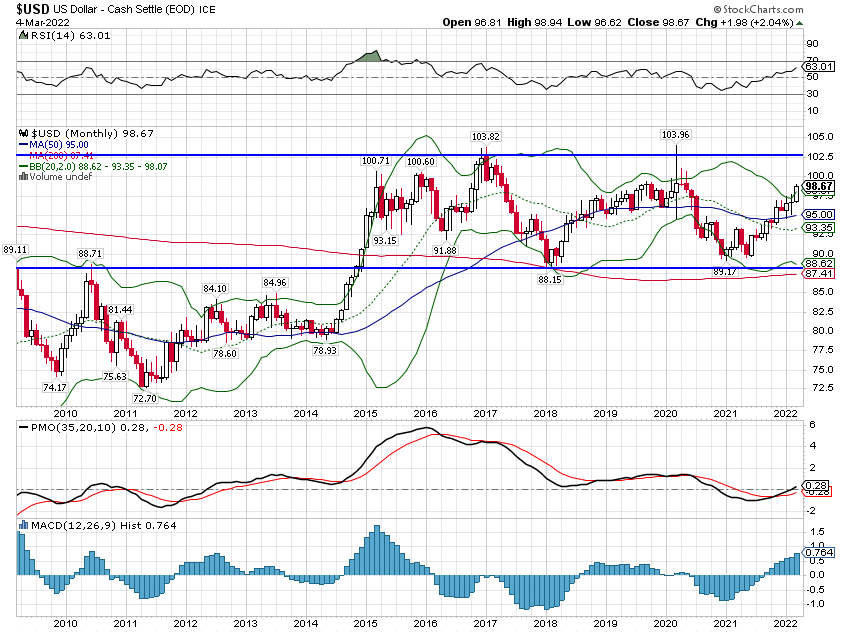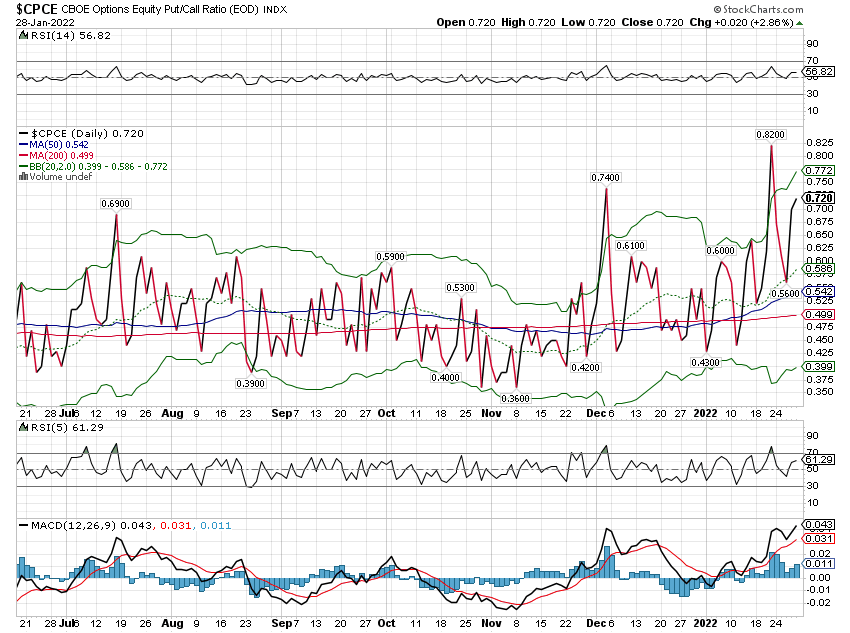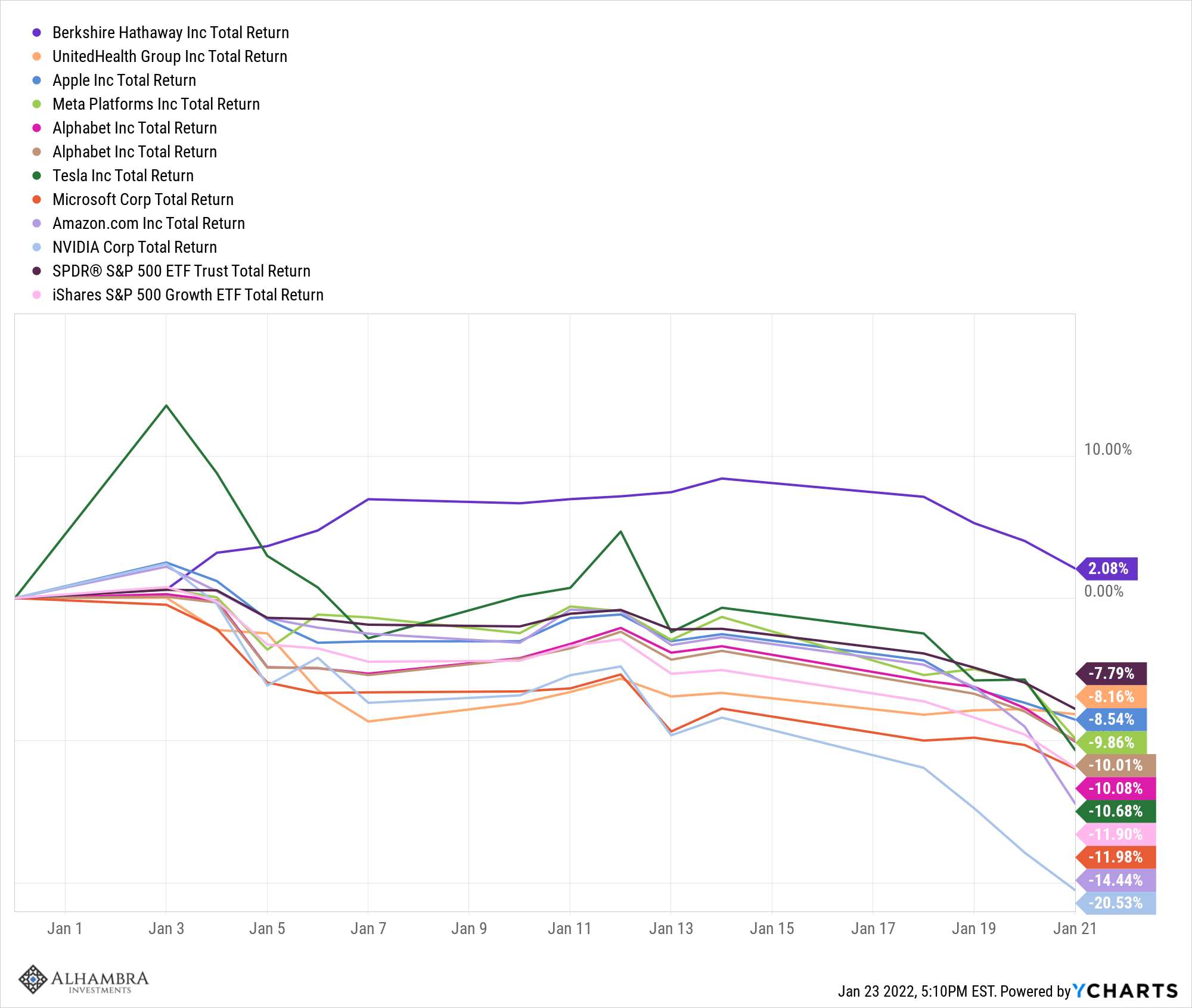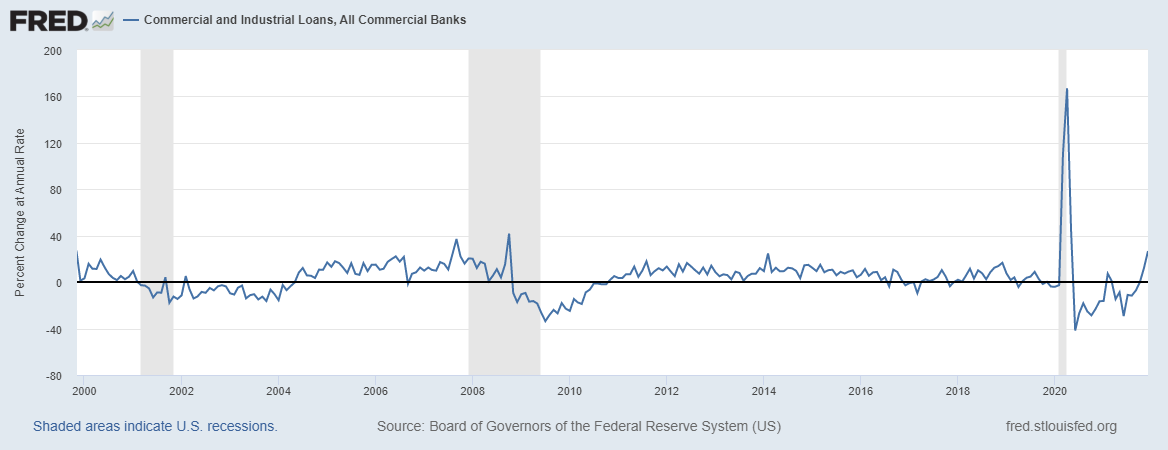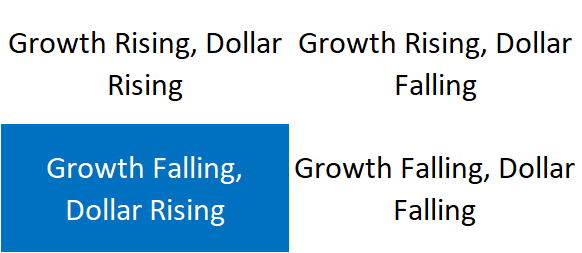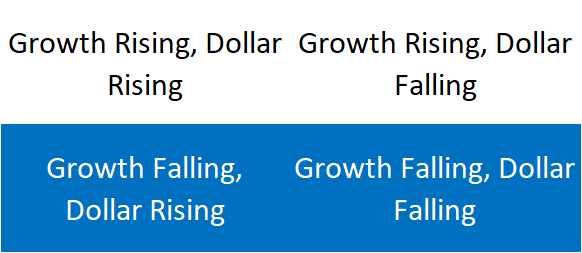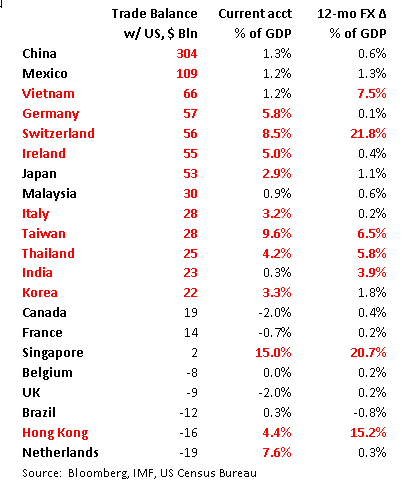 EM ended last week on a soft note, as Fed tightening expectations ratcheted up. The December Fed funds futures contract has an implied yield of 0.5%,the highest since June 2. Note that on June 3, US rates plunged after the May jobs shocker (+38k). If the hawkish Fed storyline can be maintained, then EM will have trouble getting traction. This Friday’s jobs report for August will be key, with consensus at +185k vs. +255k in July.
EM ended last week on a soft note, as Fed tightening expectations ratcheted up. The December Fed funds futures contract has an implied yield of 0.5%,the highest since June 2. Note that on June 3, US rates plunged after the May jobs shocker (+38k). If the hawkish Fed storyline can be maintained, then EM will have trouble getting traction. This Friday’s jobs report for August will be key, with consensus at +185k vs. +255k in July.Idiosyncratic risk remains in play. South Africa remains hostage to political uncertainty, with a cabinet shuffle possible in the coming days. Turkey remains subject to downgrade risk. Elsewhere, China reports August PMIs. Markets for now are comfortable with the slow landing story but weak China data could spook investors.
Israel
Israel’s central bank meets Monday and is expected to keep rates steady at 0.10%. It’s been on hold since its last 15 bp cut in February 2015. Yet deflation risks persist, with CPI at -0.6% y/y in July and well below the 1-3% target range. Despite some market talk of unconventional measures, we think it would take a significant downturn in the economy for the central bank to go down that road. GDP growth picked up to 2.9% y/y in Q2, the strongest since Q1 2015.
Colombia
Colombia reports Q2 GDP Monday, with growth expected at 2.3% y/y vs. 2.5% in Q1. The central bank meets Wednesday and is expected to keep rates steady at 7.75%. CPI rose 9.0% y/y in July, the highest since October 2000 and more than double the top of the 2-4% target range. Recent minutes and comments suggest a desire to stop the tightening cycle, as the economy is clearly slowing. However, we see a chance of a hawkish surprise until inflation shows signs of leveling out.
South Africa
South Africa reports July budget, money, and private sector loan data Tuesday. Money and loan growth are expected to slow from June. It then reports July trade Wednesday. The economic data is likely to take a back seat to political developments. Local press is reporting a possible cabinet shuffle, but the fate of Finance Minister Gordhan is really all that matters. Continued uncertainty is likely to weigh on the rand.
Brazil
Brazil reports August IGP-M wholesale inflation Tuesday, which is expected to rise 11.50% y/y vs. 11.63% in July. It also reports July central government budget data Tuesday. COPOM meets Wednesday and is expected to keep rates steady at 14.25%. Brazil reports consolidated budget data Wednesday, with the primary deficit expected at –BRL18 bln. It also reports Q2 GDP Wednesday, which is expected at -3.9% y/y vs. -5.4% in Q1. It then reports August trade Thursday. July IP will be reported Friday, which is expected at -7% y/y vs. -6% in June.
Chile
Chile reports July IP and retail sales Tuesday. The former is seen at -1.5% y/y and the latter at 2.5% y/y, and the outlook remains weak. Continued disinflation gives the central bank leeway to end the tightening cycle, and we see potential easing around year-end or perhaps early 2017 due to the slowing economy. GDP rose only 1.5% y/y in Q2, the lowest since Q3 2014.
Korea
Korea reports July IP Wednesday, which is expected to rise 0.6% y/y vs. 0.8% in June. Korea reports August CPI (0.7% y/y expected) and trade as well as July current account data. Thursday. Exports are seen at -0.5% y/y and imports at -4.0% y/y. The next BOK policy meeting is September 9, and another 25 bp cut is possible to 1.0%. CPI rose 0.7% y/y in July, the lowest since September 2015 and well below the 2.5-3.5% target range.
Turkey
Turkey reports July trade Wednesday, which is expected at -$4.8 bln. If so, the 12-month total would fall to -$55.6 bln, the lowest since July 2010. The external accounts are in decent shape, but inflation is above target even as the economy remains sluggish. Still, political developments are likely to have the biggest impact over the near-term.
Thailand
Thailand reports July trade and current account data Wednesday. It then reports August CPI Thursday, which is expected to rise 0.4% y/y vs. 0.1% in July. This would be well below the 1-4% target range. Bank of Thailand has been on hold since its last 25 bp cut to 1.5% back in April 2015. For now, we think the BOT is on hold but if the economy slows in the coming months, it will have the ability to resume easing as needed. The next policy meeting is September 14, and no action is seen then.
India
India reports Q2 GDP Wednesday, which is expected to grow 7.6% y/y vs. 7.9% in Q1. Governor Rajan’s final meeting has been held, and his successor Patel will helm the next meeting on October 4. We suspect Modi would like him to cut rates quickly, but that won’t be so easy if inflation remains above the 6% target. With the economy robust, there really should be no urgency to cut rates.
Mexico
Banco de Mexico releases its quarterly inflation report Wednesday. CPI, core CPI, and PPI measures have been accelerating, suggesting a great pass-through from the weak peso. As such, the report may have a hawkish slant. Mexico then reports July PMIs on Thursday. Banco de Mexico next meets September 29. No action is likely then, but we expect a hawkish tone in the statement too.
China
China reports official and Caixin manufacturing PMIs on Thursday. The former is expected at 49.9 and the latter at 50.1. The economy continues to slow at a manageable pace, but the PBOC has signaled that it remains reluctant to cut rates further, preferring what it calls “prudent” monetary policy. Growth has slowed or stayed steady for six straight quarters and the 6.7% rate posted in both Q1 and Q2 is the lowest since Q1 2009. If the slowdown remains modest, we think PBOC will not ease further for fear of encouraging debt-fueled growth.
Indonesia
Indonesia reports August CPI Thursday, which is expected to rise 3.15% y/y vs. 3.21% in July. If so, it would be near the bottom of its 3-5% target range. On the other hand, GDP grew 5.2% y/y in Q2, the strongest since Q4 2013. Bank Indonesia started using the 7-day reverse repo rate as its new benchmark policy rate, starting this month. This rate stands at 5.25%, and further cuts seem likely this year.
Tags: Emerging Markets,newslettersent
























